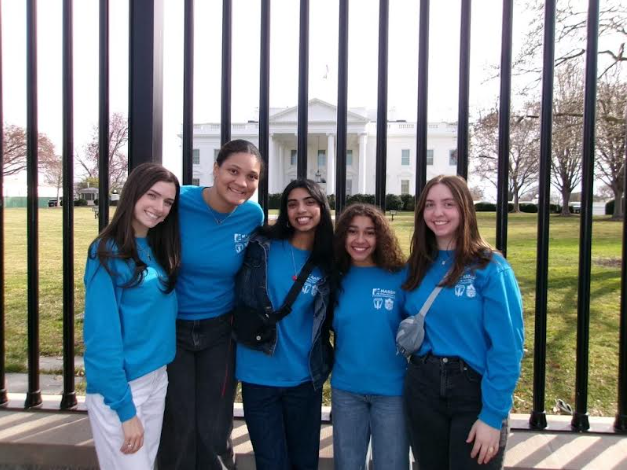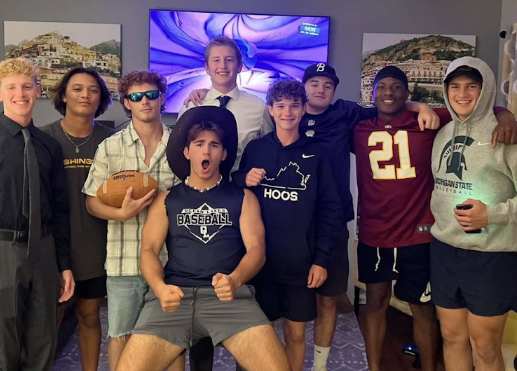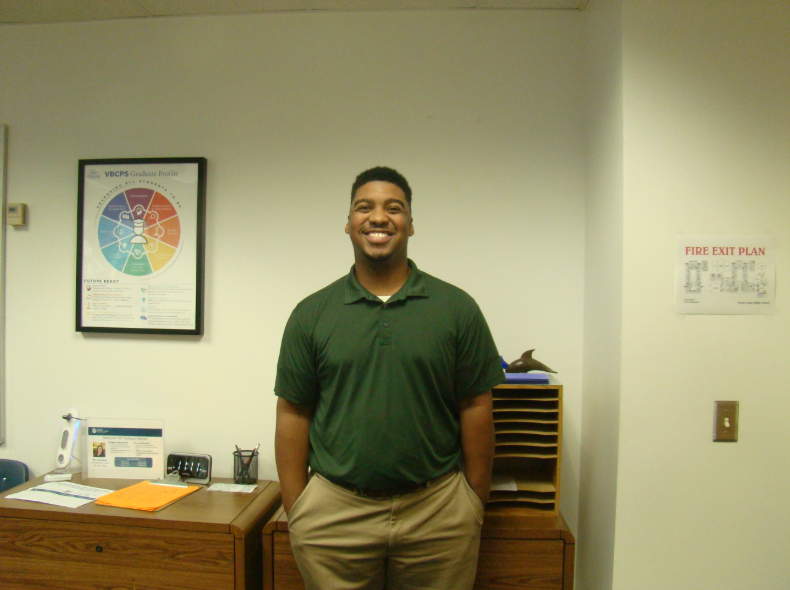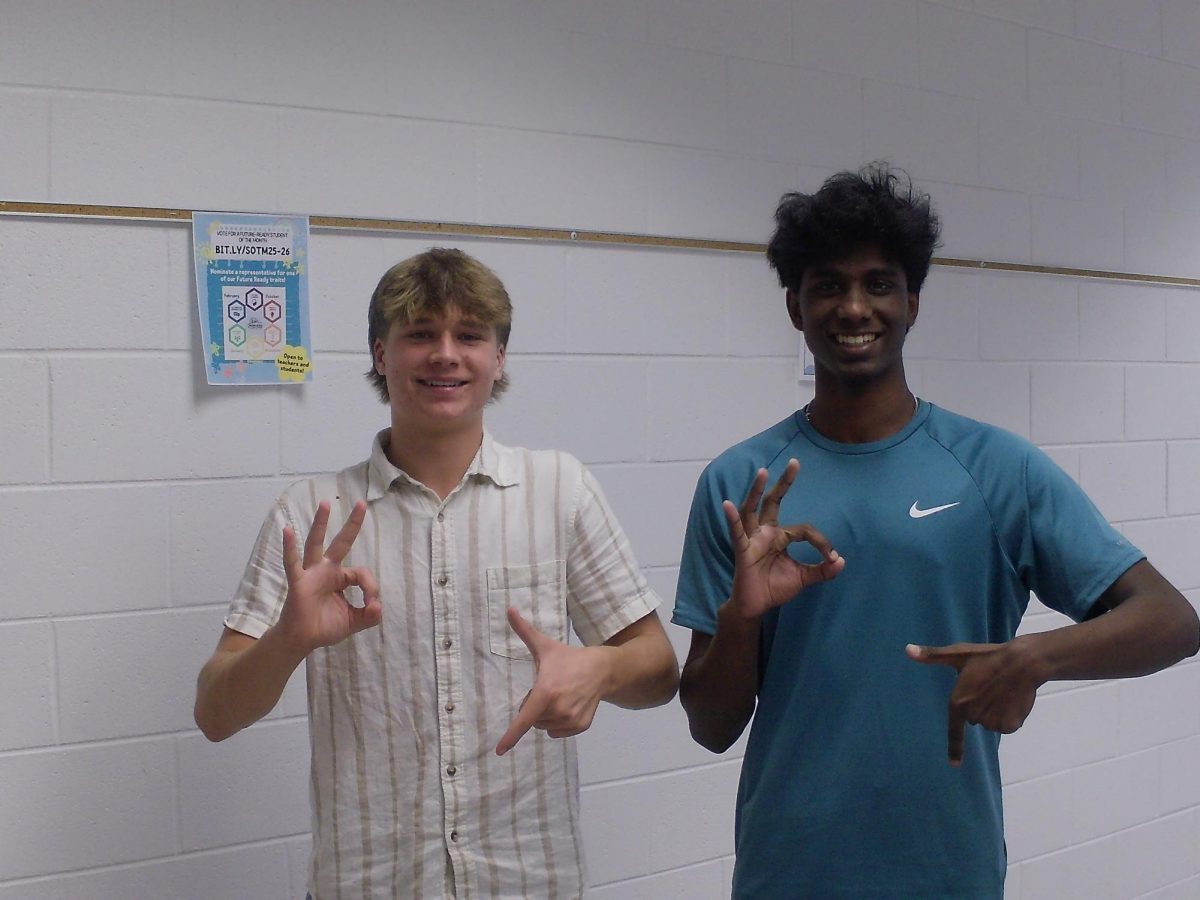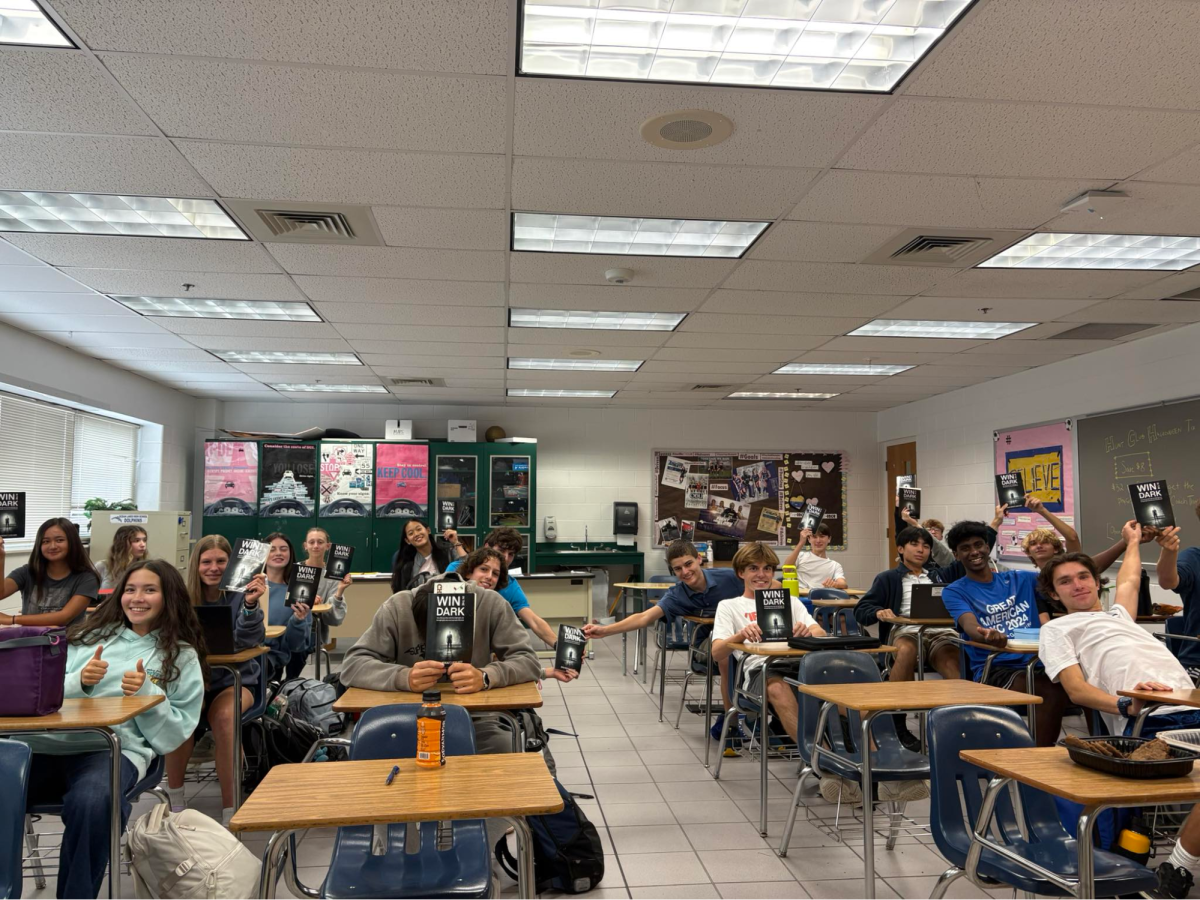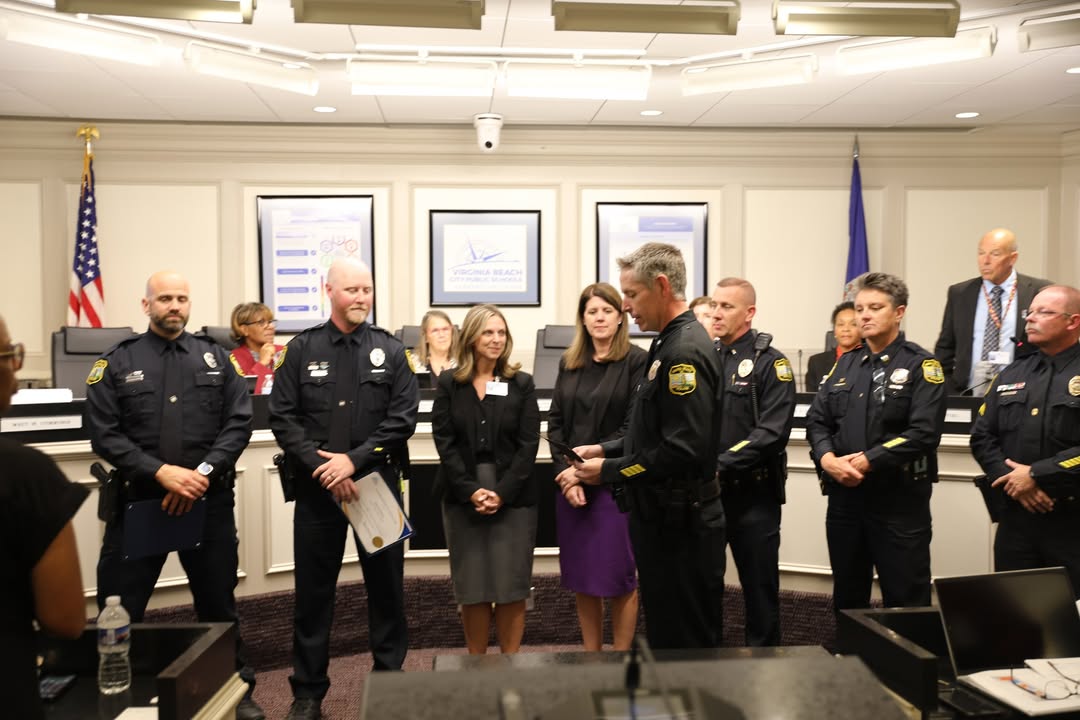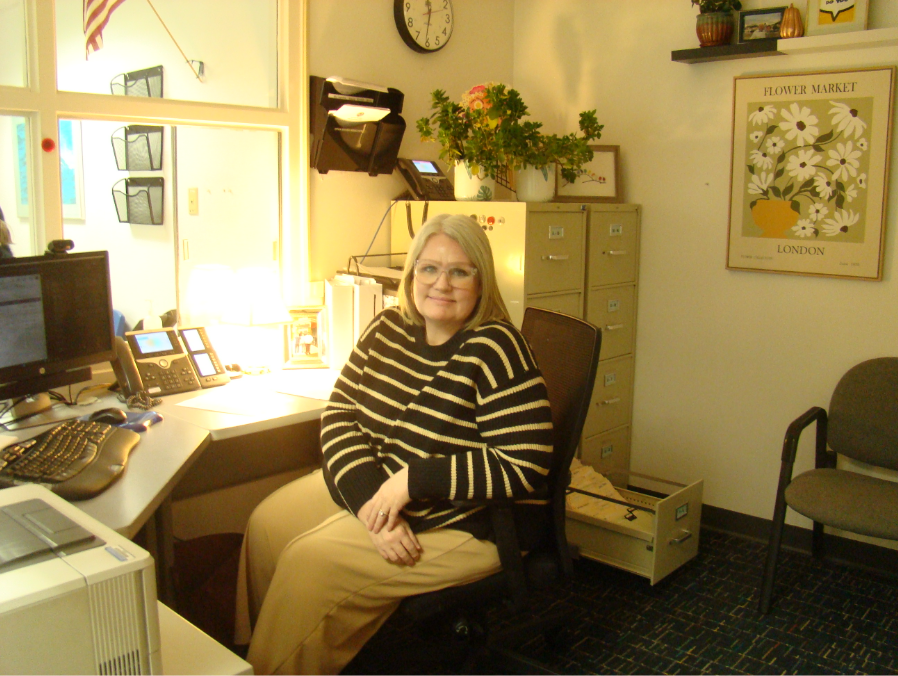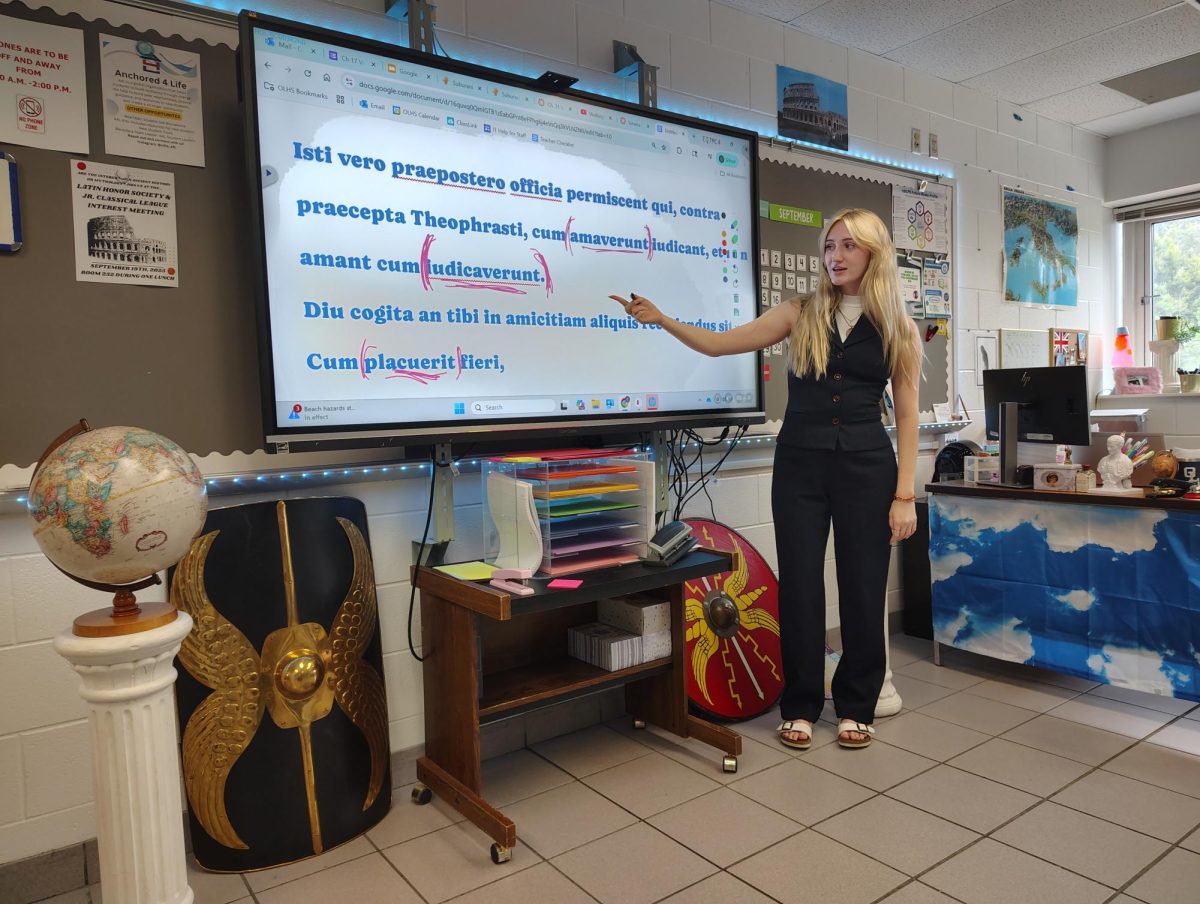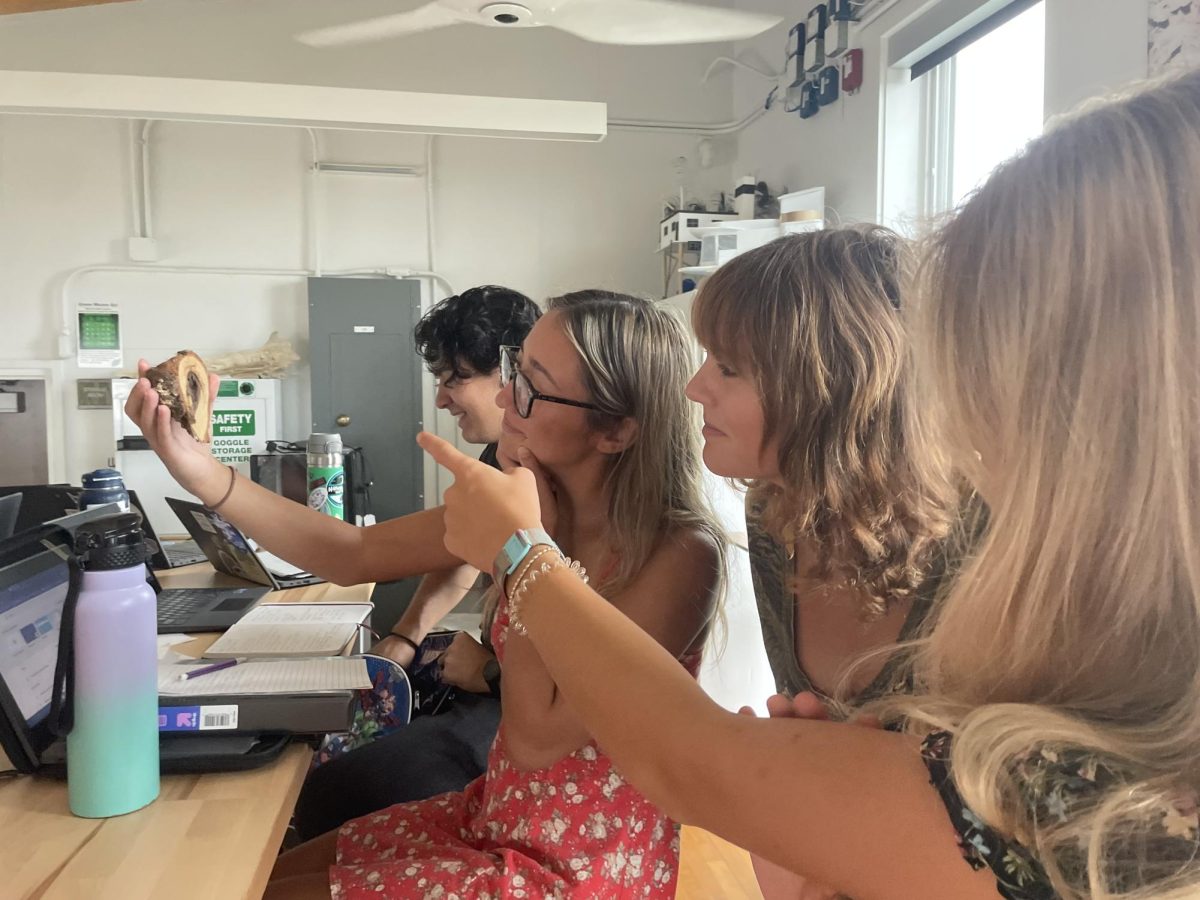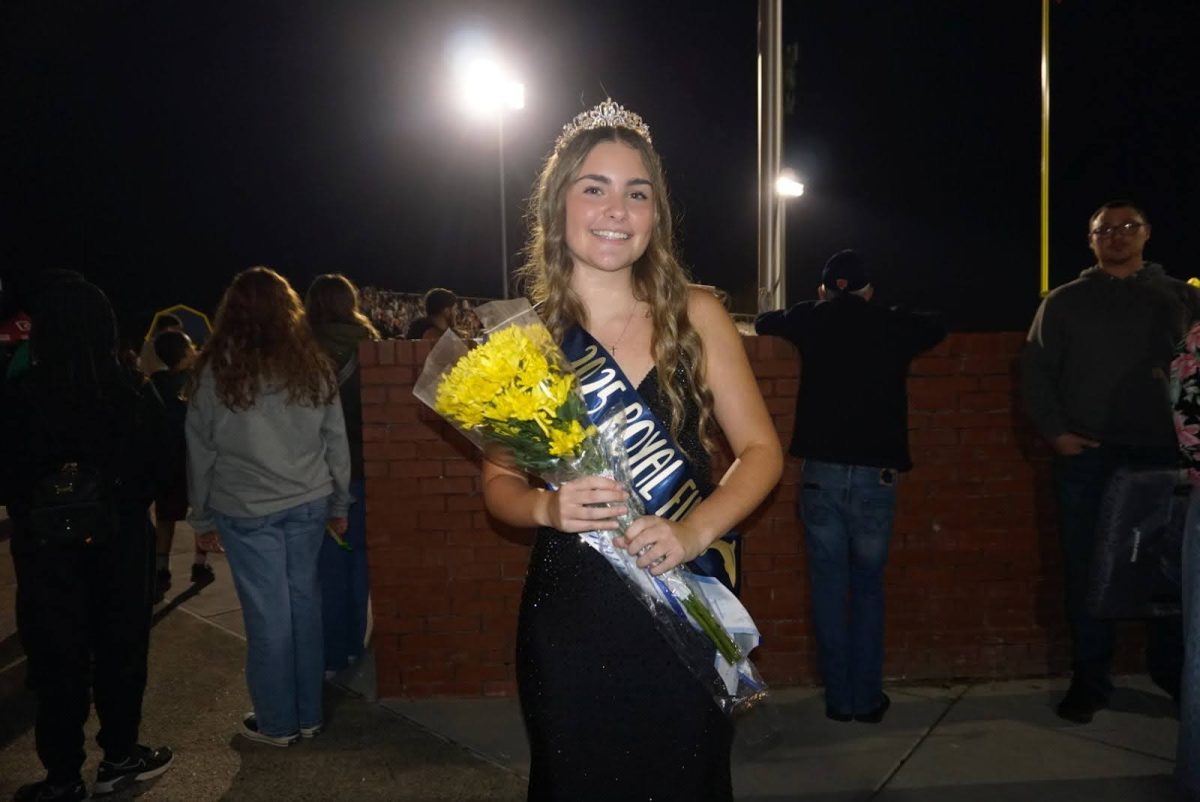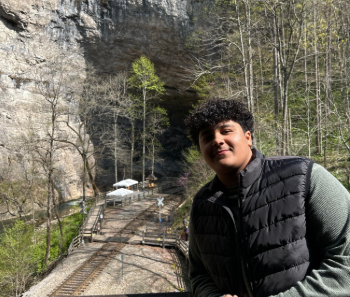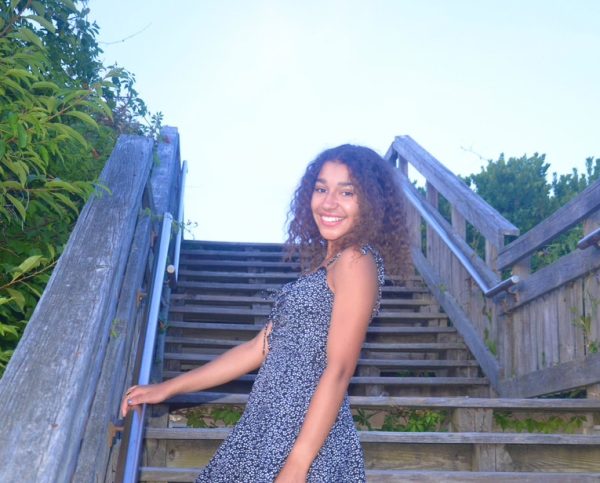Everyone has an opinion, but not everybody has a voice.
Senior Khadija Sissoko is dedicated to being a voice for the voiceless and amplifying the voices of students around the nation.
She not only serves as a voice for her school as Ocean Lake’s Student Council Association (SCA) President and locally as a member of the Superintendent Advisory Board, but also nationally as the Secretary for the National Student Council (NSC).
She first became aware of a trip to Washington, D.C. for advocacy work at the beginning of the 2024-2025 school year during a NSC Zoom meeting; later, the group met at the United States Capitol.
The council of 33 members worked to curate and propose a legislative agenda in hopes of influencing Congress not to cut any funds to education. To achieve this goal, the NSC members paired up with principals from various states to propose their legislative agenda to congressional staff members, hoping to influence their annual national budget decision on the following day, March 14, 2025.
Sissoko was paired with Idaho Principals Levi Power and Luke Kelcy and joined by the NSC Preisdent Anjali Verma and NSC Maine state representative Zoe Drake, who went as a group to talk to Idaho House and Senate representatives as well as Senator Risch, about important topics listed in their provided pamphlet including: Title I, Title IV, IDEA, Project SERV and Headstart programs. In her sessions, she also specifically advocated for Career and Technical Education (CTE) programs to the senators, given her personal experiences as a product of the Virginis Beach School system, which is one of the leading cities in America for CTE programs.
Sissoko expressed that advocacy is greater than standing up for yourself; it’s about standing up for others.
“It is so important for [students] to advocate for their education because in America, we’re very privileged to be able to have access to the resources that we do,” Sissoko said. “It is our duty to ensure that we continue to make [education] accessible and equitable to all students around the U.S., with equal access to CTE programs, mental health and disability resources, as well as support for lower-income schools and those impacted by natural disasters and gun violence.”

